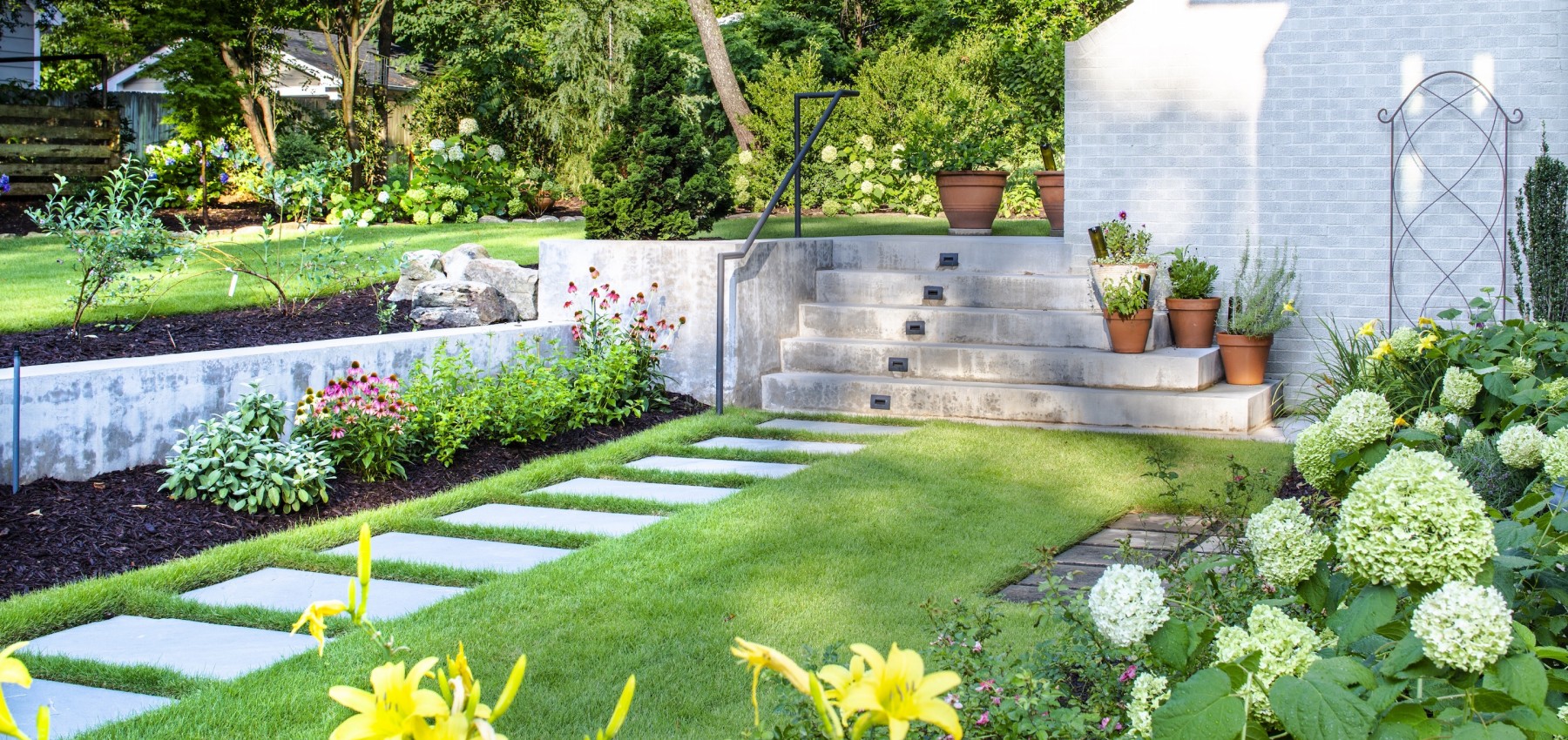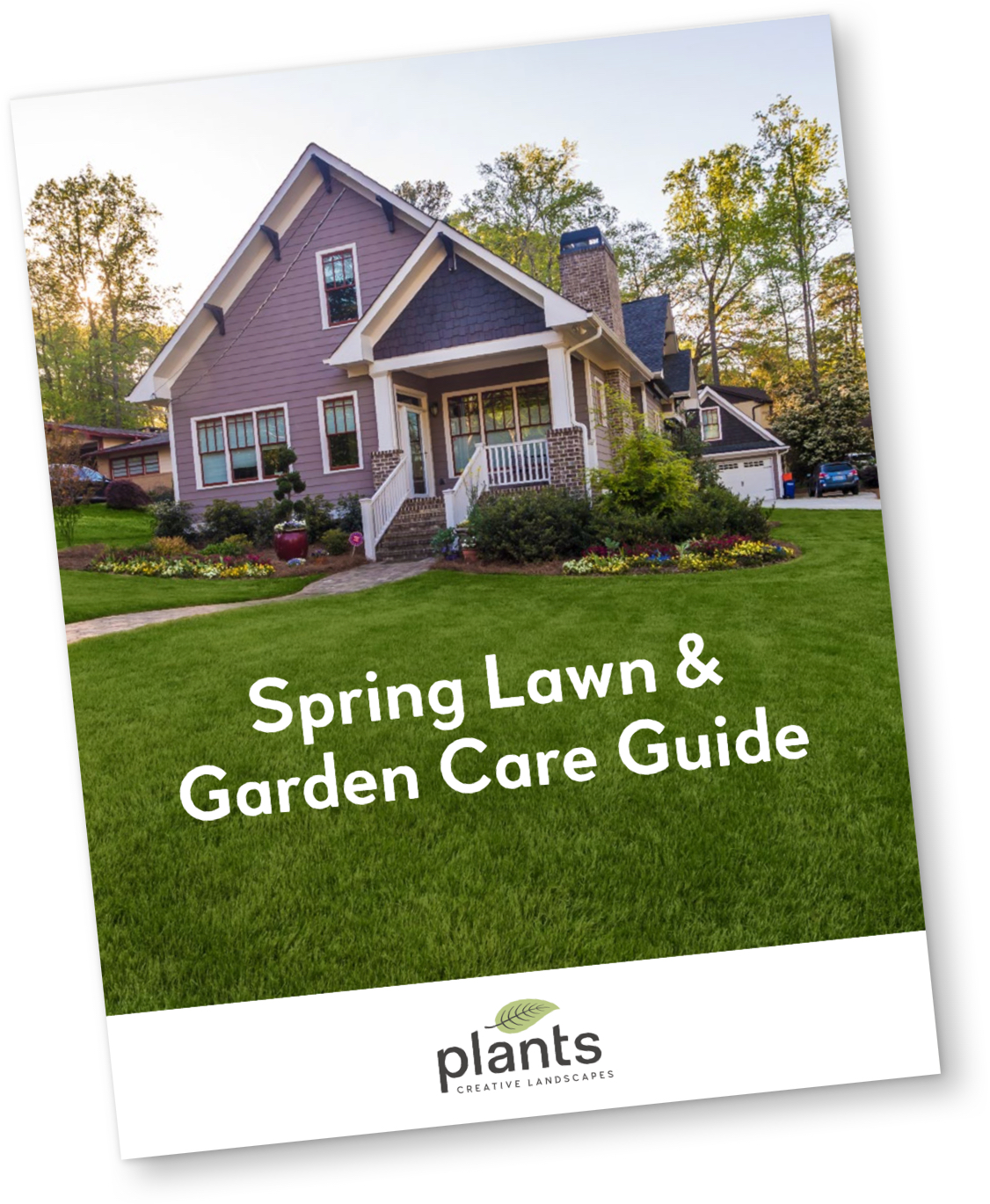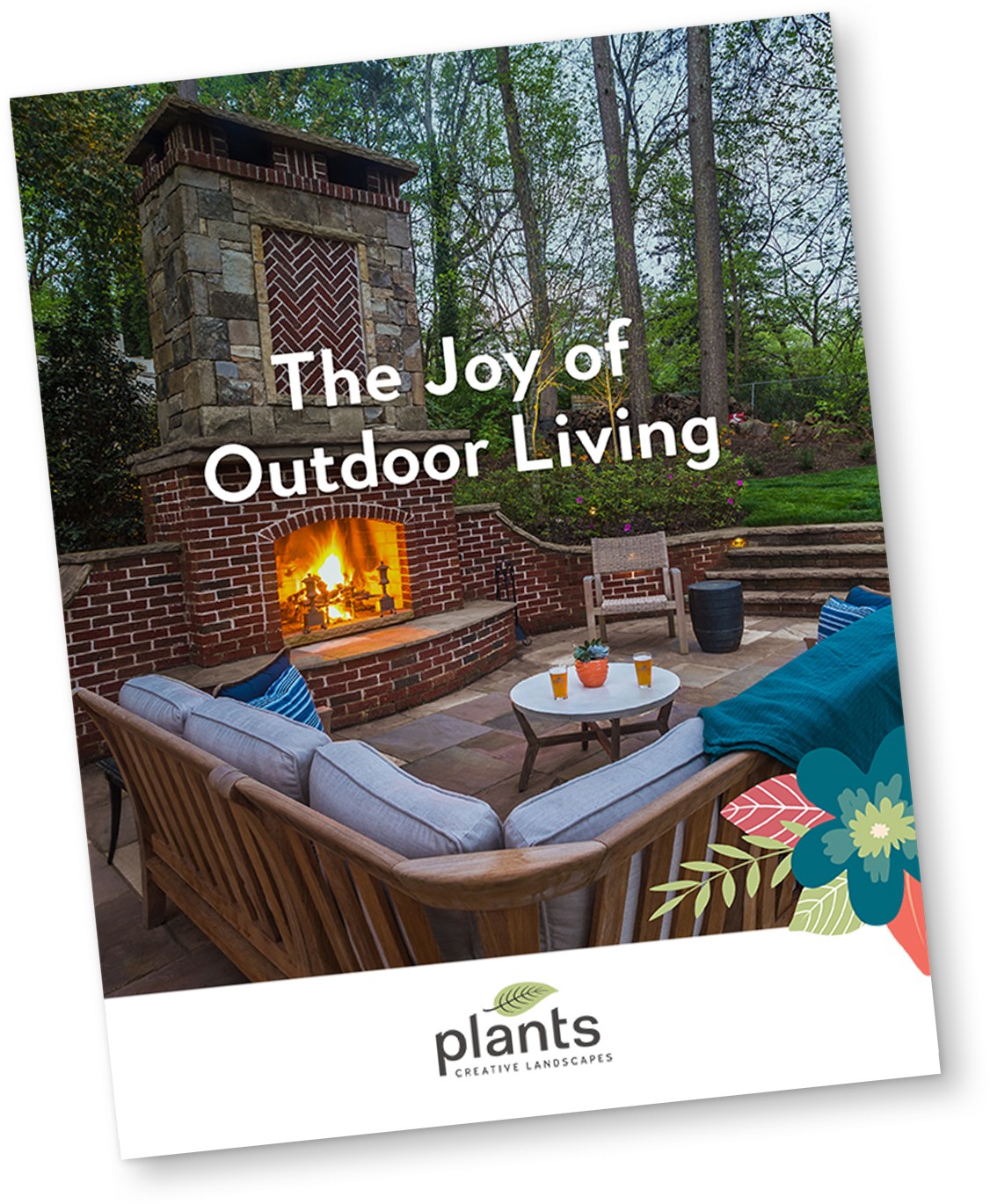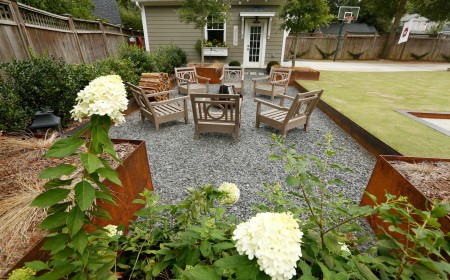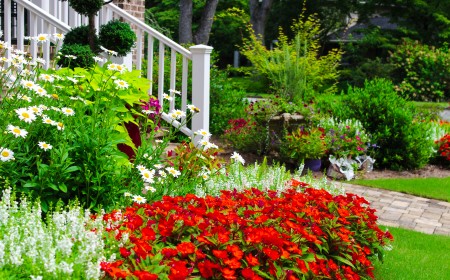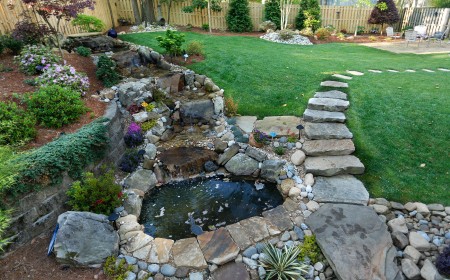Nature is good for us. It’s plain and simple. Whether it’s spending quiet time in solitude in a garden, hiking up a mountain for a breathtaking view, or walking through a forest to clear our heads, nature somehow makes us feel better about our lives.
But it’s not just the wilderness, state parks or conservation areas that I’m talking about. I’m also talking about landscaping. And that’s what we do at Plants Creative. It’s what I like to call the “business of nature” — improving and beautifying the natural surroundings of our customers’ homes!
When it comes to the benefits of landscaping, there are three main areas I like to tell people about: physical health benefits, mental health benefits, and economic benefits.
Landscaping is good for your health
On a basic level, landscapes can affect our physical health in many positive ways. Here are just a few…
- Air quality — A healthy landscape produces oxygen and eliminates dust, smoke, pollutants, improving the quality of the air we breathe.
- Lower blood pressure and lower stress — Studies have shown that looking at plants and trees, even if only through a window, can lower blood pressure and levels of the “stress hormone” cortisol. High levels of cortisol have been linked to issues with learning and memory, weight gain and heart disease.
- Reduced inflammation & boosted immune system — Being outdoors can reduce inflammation in the body, which in turn reduces autoimmune disorders, irritable bowel syndrome and even cancer! While the research into cancer prevention is still in the early stages, studies suggest that time spent in nature can stimulate the production of anti-cancer proteins. Another benefit to being outside includes a boost to the immune system, allowing the body to better fight routine illnesses like colds and the flu.
Landscaping is good for your mind
The mental health benefits are just as plentiful. Multiple studies have shown that walking in nature improves short-term memory. Symptoms of anxiety, depression and other mental health issues can all improve with time spent outside. One study that analyzed 10 other studies on “green exercise” notes that exercising outdoors instead of inside improved both self-esteem and mood in study participants.
Additional benefits include an increase in focus for tasks that require intense concentration and a better ability to creatively solve problems. If you ask me, the more greenery around your home, the better.
Landscaping is good for your wallet
Outside of the obvious increased enjoyment of your property that you’ll experience when you have a new landscaping project done on your property, there are economic benefits too!
- Curb appeal & increased property value — The Appraisal Institute estimates that a well-landscaped home can add approximately 6 to 13 percent of value compared to a property without any landscaping. Another source claims that it’s 20 to 25 percent. Curb appeal is real — how a home looks from the road will affect whether someone wants to buy it and how much they’re willing to pay.
- Energy bill savings — According to a Cornell University study, a well-planned landscape designed for energy efficiency can reduce heating and air conditioning costs by 10 to 30 percent. Certain plants, especially ones that are native to Georgia, require less water to thrive, which means lower water bills.
Ultimately, I view landscaping as a way to increase the quality of life. It’s no wonder we here at Plants Creative get so excited about it! We love that we get to bring nature to our customers and help shape it for their benefit.
Has this post gotten you excited about a long-overdue landscaping project? Or maybe you’d just like a little help maintaining your property? Either way, feel free to get in touch with us. Let’s chat about it!
